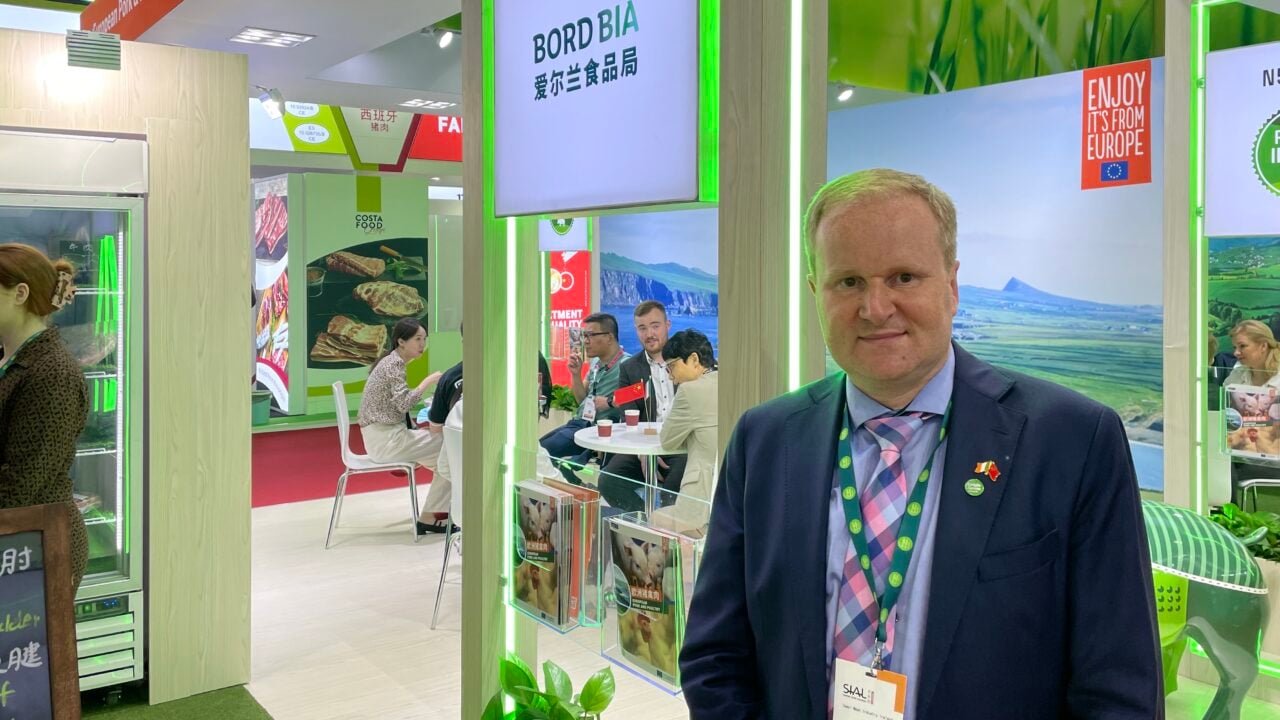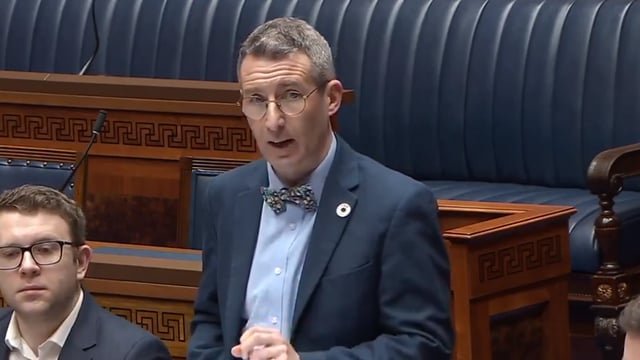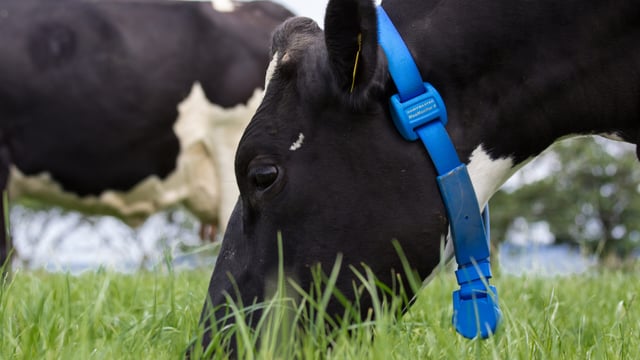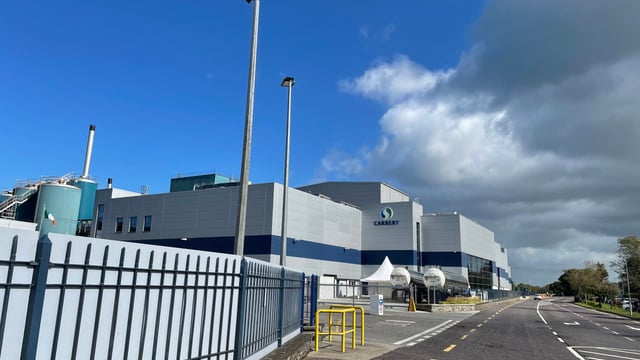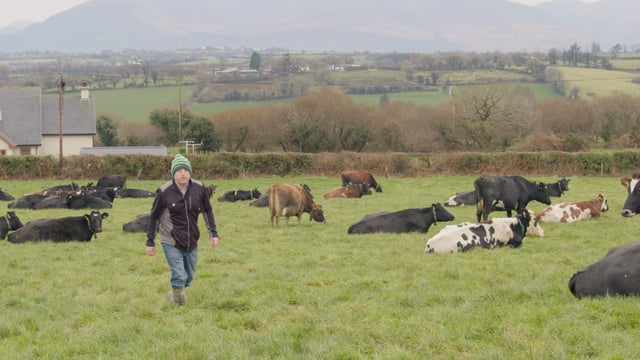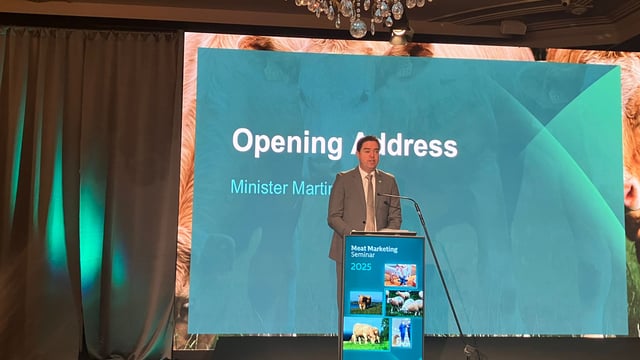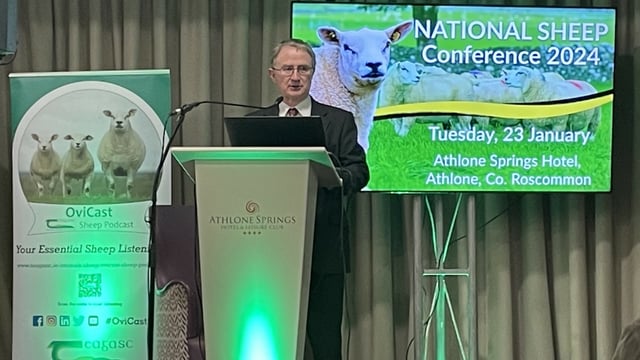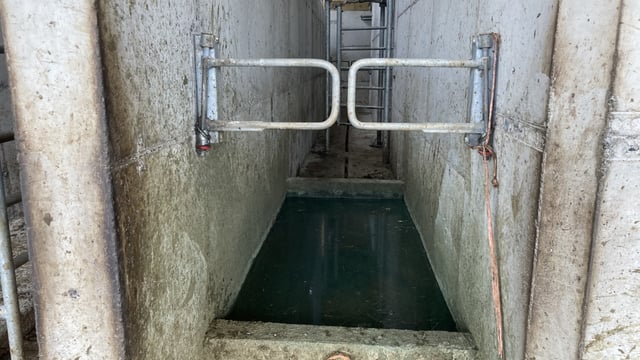MII: Mercosur deal could mean €1.3bn drop in EU output values
Meat Industry Ireland (MII), the Ibec sector association representing beef, pork and lamb processing members, today (Friday, January 17) voiced its strong opposition to the recently agreed Mercosur Trade Agreement.
The trade agreement, if ratified, would open access for a further 99,000t of high value steak cuts into the EU market.
MII has said that the agreement will also lead to tariff reductions, in perpetuity, for the Mercosur beef exporters in the order of €400 million per year.
Speaking at today’s Bord Bia Meat Marketing Seminar in Naas, Co. Kildare, director of Meat Industry Ireland, Dale Crammond said: “Meat Industry Ireland beef members remain extremely frustrated. Once the deal is fully phased in, Mercosur exporters will have additional market access of 99,000t and will be better off to the tune of €400 million per annum.
"These impacts will be felt across the entire supply chain and are in addition to the well-publicised differences in production, sustainability and traceability standards between the EU and the Mercosur region.
"Not only would this €400 million be a significant loss of tariff revenue for the European Commission, which could be used to part fund the next CAP [Common Agricultural Policy], it will also have a very significant impact on the EU beef market," he added.
Crammond explained that an analysis carried out by MII indicates that once the proposed agreement is fully phased in, the annual reduction in EU beef market output values would be approximately €1.3 billion.
He added that there would be a disproportionate impact of an estimated €100-130 million to the Irish beef sector because of its very high export-dependence on other EU markets equating to a loss of €75-95/head based on our prime kill.
These impacts would arise from South American beef exporters increasing their overall share of the EU market by leveraging their increased quota access and from the windfall tariff reduction gains, according to MII.
As there are no volume limits in the agreement, Mercosur countries can continue, as they do today, to selectively target the high value steak market in Europe by paying the full out-of-quota tariffs and still land product into Ireland’s main EU markets at cheaper prices, the organisation has stated.
MII has criticised what it said is a fundamental flaw of the agreement in that there is no safeguard in place to ensure a more balanced range of carcass cuts.
Crammond concluded: “There is still time to engage politically with EU leaders to stop the formal ratification of this agreement.
"MII was encouraged to see a commitment in the programme for government this week to work with like-minded countries to oppose the trade deal and the association will seek early engagement on this issue with An Taoiseach and relevant ministers once the government is in place.”
Mercosur Trade Deal
Yesterday (Thursday, January 16), The EU-Mercosur trade agreement was described as a “win win” deal that paves the way for new export opportunities for EU companies.
Final negotiations on the deal between the EU and the Mercosur countries of Argentina, Brazil, Paraguay and Uruguay were reached last December.
But the agreement still faces scrutiny by the European Parliament and EU countries.
EU Trade Commissioner Maros Sefcovic said yesterday: "The agreement will enhance competitiveness for EU businesses.
“The reduction of Mercosur’s high tariffs will significantly boost the competitiveness of the EU companies in Mercosur markets opening up new opportunities across diverse sectors and enabling EU exporters to save over €4 billion annually in customs duties.
“This is the biggest agreement ever concluded by the EU. It’s four times bigger than the one concluded with Japan.”
He also admitted that he is aware of farmers' concerns in relation to the impact of the deal on the beef industry in the EU.
“I’m fully aware that EU farmers are concerned about the potential impact of this partnership agreement on certain agricultural sectors which are already confronted with difficulties,” he continued.
“Let me assure you that the commission took these concerns very seriously in negotiating the partnership agreement; this is why the EU cautiously negotiated clear limits to the requests by Mercosur to open our beef, poultry and sugar markets."

